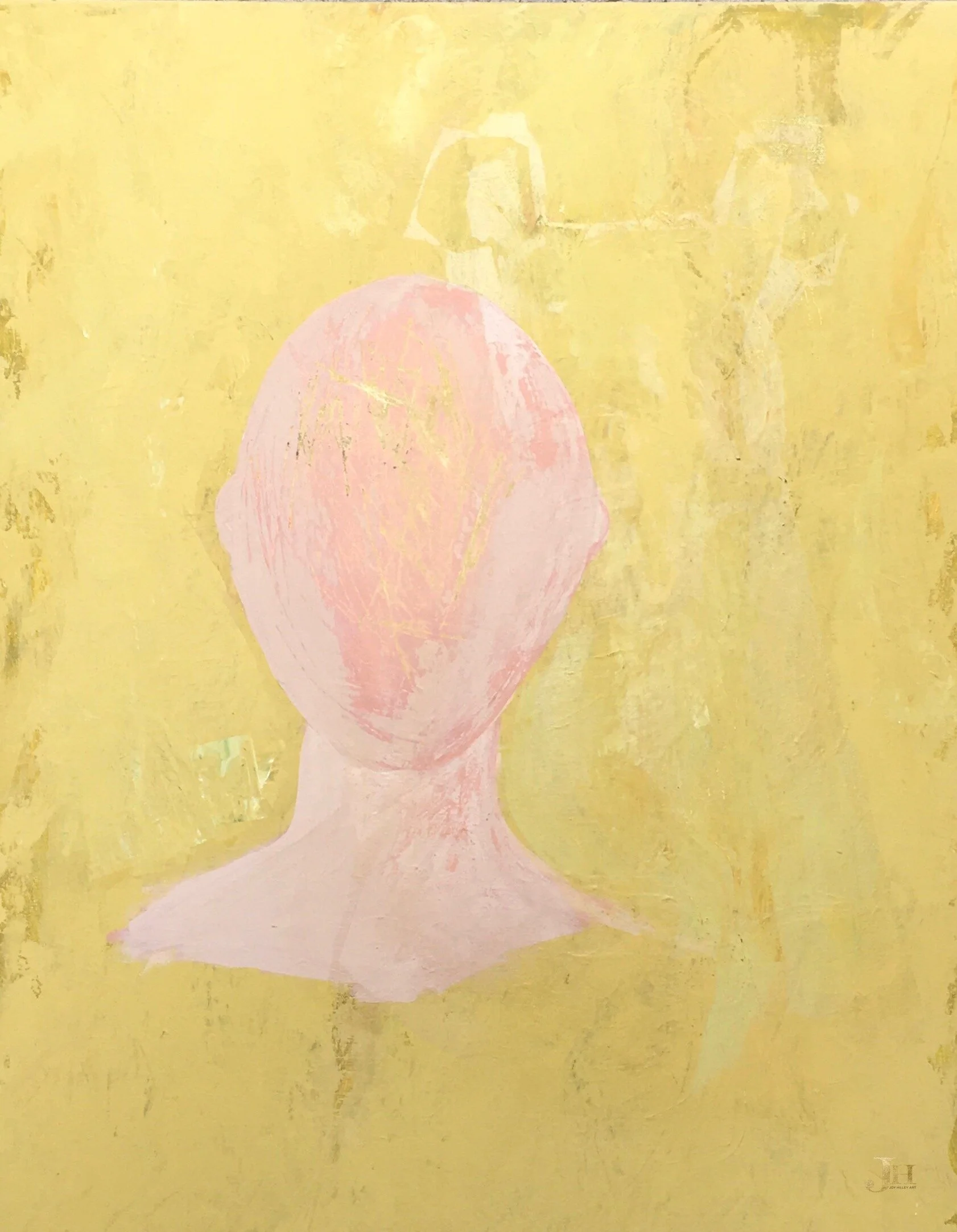Boundary Lines
The boundary lines have fallen for me in pleasant places. Psalm 16:6a
Several weeks ago, I awakened with a scripture phrase, “The boundary lines have fallen for me in pleasant places,” running through my head. A quick keyword search brought me to Psalm 16. As I read the whole psalm, I realized the truth the Lord wanted me to hold onto that day was in the middle of the last verse (11): “In Your presence there is fullness of joy.” Oh, how I needed to hear that! I meditated on it throughout the day and it was a balm to my heart.
Since that day, though, the original scripture phrase kept coming to mind: the boundary lines. An international pandemic had already begun to draw new boundary lines for global travelers and workers. The property management company for my studio then closed the building to previously-scheduled events. Our county declared a “stay home” policy for all citizens. Similar boundary lines were drawn throughout the world.
While I understood the need for boundary lines and advocated that all should honor them, I personally struggled with them. Yes, I am an introvert and love to withdraw to the sanctuary of my home. I also am a Texan and appreciate all the freedoms that come with that! Having my activity and livelihood curtailed for an unknown amount of time in the future was not my first choice for a boundary line.
I continued to wrestle with the phrases. Boundary lines. Pleasant places.
As I replayed the words over and over in my mind, I began to think of times in scripture when boundary lines were drawn. The first was in the Garden of Eden, where a single tree was out of bounds. For Noah and his family, the ark was a boundary. Certainly, the law of Moses prescribed boundary lines for personal and corporate conduct. Then, there was Elijah.
With no preamble or introduction, Elijah first appeared in I Kings 17. He had just prophesied to King Ahab to expect a persistent drought. To protect Elijah from the resulting wrath of Ahab, the Lord directed Elijah to take refuge at a wadi (a creek bed that only has water in it during the rainy season). There, the Lord kept Elijah safe, fed, and hydrated. After a time, the wadi ran dry. The Lord then sent him to the home of a poor widow and her son in Zarephath. Because of the drought and her lack of food, she expected she and her son would soon die.
As you may recall from the story, the widow used the last of her pantry staples and made the equivalent of a little pita bread for Elijah. He took up residence with them. Elijah’s presence in their home was blessed by God and the pantry supplies never depleted. The widow’s son then died and was revived when Elijah cried out to God on the child’s behalf.
Elijah was distanced from Ahab’s threats, but still in hiding. The boundary line drawn around him took him to the heartland of Baal worshipers at a time when a natural disaster threatened lives and livelihoods. Surrounded by evil, hunted by the king, and in a parched land. The difference for Elijah? The Holy One was with him. The life-giving Presence brought fullness of joy. The boundary lines fell in pleasant places.
I encourage to you join me in yielding to the boundary lines. I pray that you will have eyes to see that they have been drawn in pleasant places. May you find joy in the Presence of the Holy One.
© Joy Hilley


